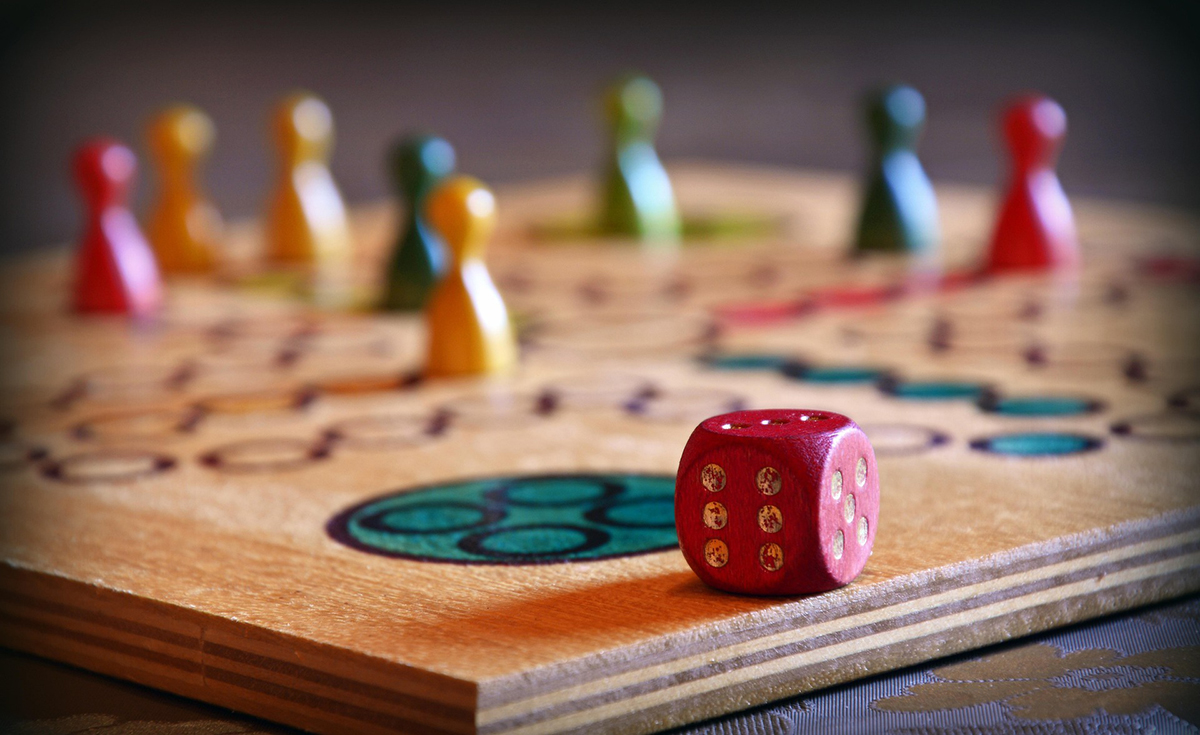The Life Points Game

Your nervous system operates based on predictions. It always predicts whether the situation or person at hand is going to give you energy or take energy. A light-hearted way to notice the energy predictions your nervous system is automatically making is by playing the Life Points Game.
When you play the Life Points Game, you notice some simple everyday occurrence, and you say out loud whether you are gaining or losing energy in the form of “life points.” (Using Lisa Feldman Barrett’s terminology, you are increasing or decreasing your “body budget.”) Things your nervous system likes (and associates with survival and thriving) give you “life points”—they are energizing and/or relaxing; they evoke positive emotions; they make you feel better. Things your nervous system dislikes (and associates with danger) take away life points—they are physically draining; they evoke negative emotions; they are distressing.
By noticing whether you are gaining or losing life points, you are noticing your nervous system’s automatic predictions of safety versus threat. Let’s use the example of balloons. Some people associate balloons with happy memories of childhood birthday parties. When they see balloons, they gain life points. They may smile or suddenly feel playful. For my daughter, however, she never liked balloons. She said they made her sad because they popped so easily. For her, she loses life points when she sees balloons. She might feel slightly sad for no apparent reason.
If you are playing the game with another person, it can be fun to guess their reaction before they say it. After you are aware that you’re gaining or losing life points, you get to decide whether you want to change the energy equation. The more you play the game, the more aware you will become of the subconscious beliefs and stories that run your life. You also become more aware that these subconscious nervous system predictions have a direct impact on your body’s wellbeing.
My husband and I have made a game out of surfacing these subconscious stories in everyday life. As we do different activities together, we mention whether we are gaining or losing life points and then explain why. Sometimes we will guess the other person’s answer. Here’s an example. If I have to go to the grocery store more than once a week, I lose life points. Why? Because my story goes like this: “you didn’t plan well and you’re being inefficient. Yuck. I don’t want to go again.” When my husband has to make an extra trip to the grocery store, he gains life points. His story goes like this, “It will be good to get out of the house for a little while. I can get some more of those canned drinks I like. Might be nice to get my favorite gum and a treat. Yeah!” As you might guess, our life points calculation often come from our experiences in our family of origin. As children, we often absorb the “life points system” from the parent we identified with.
As a fun way to practice playing the game, imagine the follow scenarios and then tell a partner whether you would gain points (indicate with thumbs up) or lose life points (indicate with thumbs down). If you can, explain your subconscious thought process. You can exaggerate and make this humorous! Then let your partner respond to the same scenario and see how similar or different their thinking is. What would it take to change your subconscious story?
- Giving a toast at a friend’s wedding
- Eating leftovers for dinner
- Having your friends sing happy birthday to you at a birthday dinner
- Cleaning out a closet
- Buying a new work outfit
